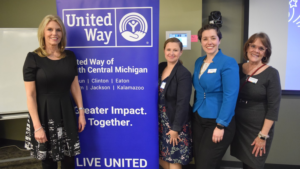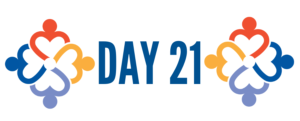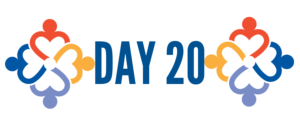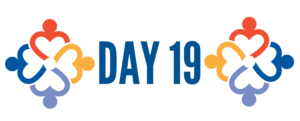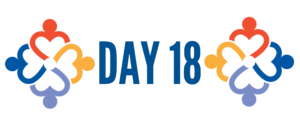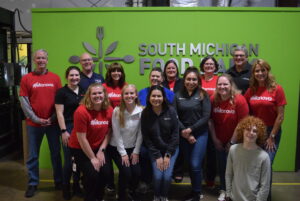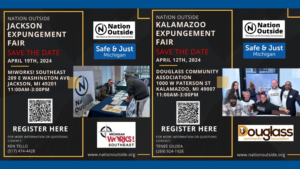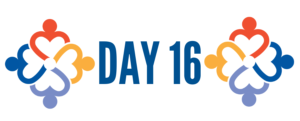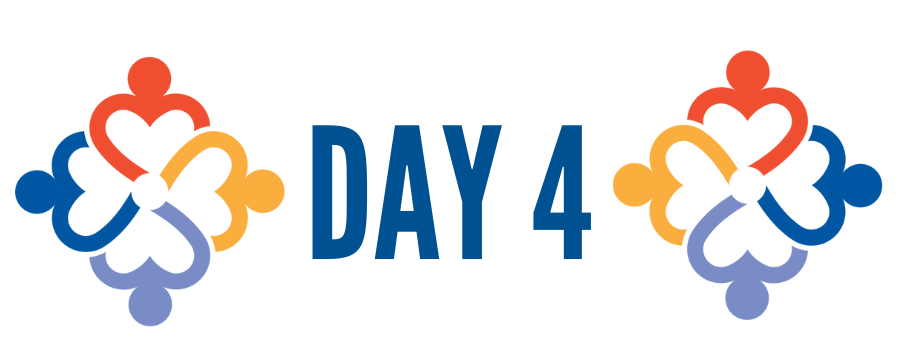
Day 4: A Reflection on Identity
How often do you think about your race, ethnicity, age, gender, sexual orientation, nationality, dis/ability, or other social identities? Which identity/ies do you think about the most in your day-to-day? For many of us, the identities we are most aware of in ourselves are the ones that create challenges or barriers in our daily lives. Likewise, we can also give little thought to the identities that don’t pose challenges or barriers for us. For example, a person who identifies as heterosexual or straight may spend very little time thinking about this identity in their day-to-day life. This is because, generally, being heterosexual or straight does not create a hardship for accessing everyday activities like housing, education, employment, or healthcare.
Having an awareness of your own identity creates space to understand when we may need to shift our perspective. This is the key to growing from the Golden Rule – treat people how you want to be treated – to the Platinum Rule – treat people how they want to be treated. This ability to listen deeply, consider others’ experiences, and consider what other people might need so they might do the same for us is a powerful key to creating more inclusive and equitable communities.
TODAY’S CHALLENGE
Watch:
Chimamanda Ngozi Adichie: The danger of a single story, (July 2009). [18 min watch].
Our lives, our cultures, are composed of many overlapping stories. Novelist Chimamanda Adichie tells the story of how she found her authentic cultural voice — and warns that if we hear only a single story about another person or country, we risk a critical misunderstanding.
Engage:
Flower Power Identity Mini Course by Freedom Lifted [1 hour activity].
In this mini-course, you’ll explore your own identities and discuss the relationship between social identity and power.
Reflect:
- Think about a time someone shifted their perspective to understand where you were coming from. How did it feel?
- Have you ever heard hurtful stereotypes about an identity you hold? Do you hold stereotypes about other groups of people? How might these ideas impact how we interact with people like us or different from us?
- Over the last week, when could you have implemented the Platinum Rule – treating people how they want to be treated? What might have been different if you’d done that?

